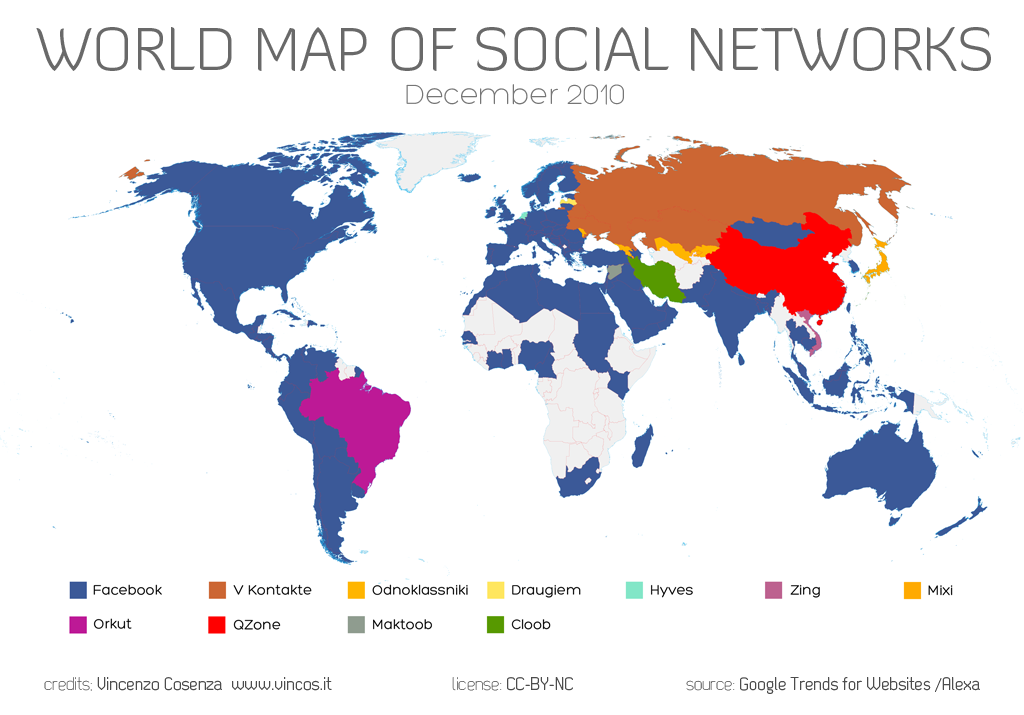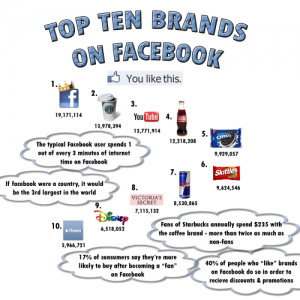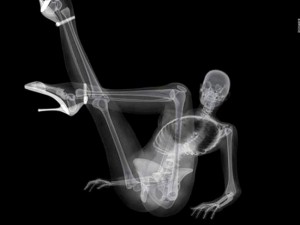The power of social media to burrow dramatically into our everyday lives as well as the near ubiquity of new technologies such as mobile phones has forced us all to conceptualize the digital and the physical; the on- and off-line.
And some have a bias to see the digital and the physical as separate; what I am calling digital dualism. Digital dualists believe that the digital world is “virtual” and the physical world “real.” This bias motivates many of the critiques of sites like Facebook and the rest of the social web and I fundamentally think this digital dualism is a fallacy. Instead, I want to argue that the digital and physical are increasingly meshed, and want to call this opposite perspective that implodes atoms and bits rather than holding them conceptually separate augmented reality.
In a 2009 post titled “Towards Theorizing An Augmented Reality,” I discussed geo-tagging (think Foursquare or Facebook Places), street view, face recognition, the Wii controller and the fact that sites like Facebook both impact and are impacted by the physical world to argue that “digital and material realities dialectically co-construct each other.” This is opposed to the notion that the Internet is like the Matrix, where there is a “real” (Zion) that you leave when you enter the virtual space (the Matrix) -an outdated perspective as Facebook is increasingly real and our physical world increasingly digital.
I have used this perspective of augmentation to critque dualism when I see it. For instance, more...









